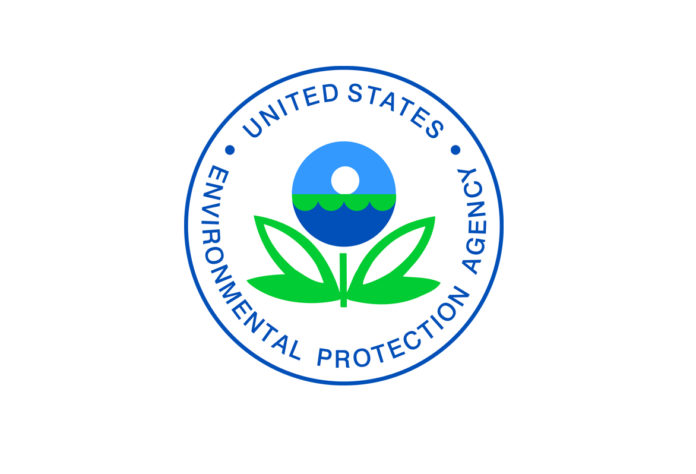WASHINGTON, D.C. – The U.S. Environmental Protection Agency has announced $5.4M in grant funding is expected to be awarded for tribal and insular areas to establish lower-emission diesel projects. In total, 12 tribal and insular area assistance agreements are expected to be awarded as part of the Diesel Emissions Reduction (DERA) program, which funds projects to clean up the nation’s legacy diesel fleet.
“The Biden Administration continues to work with tribal nations across the country to replace or upgrade older, higher polluting diesel engines, making important progress in reducing pollution and advancing environmental justice across the country,” said EPA Administrator Michael S. Regan. “With an unprecedented $5 billion investment in low- and zero-emission school buses from the Bipartisan Infrastructure Law coming soon for communities across the country, this is only the beginning.”
The DERA program is prioritizing projects that help achieve the goals of President Biden’s Justice40 initiative, which aims to ensure that federal agencies deliver at least 40 percent of benefits from certain investments to underserved communities.
Older diesel engines emit more air pollutants such as nitrogen oxides and particulate matter than newer diesel engines. These pollutants are linked to a range of serious health problems including asthma, lung and heart disease, other respiratory ailments, and premature death. The projects include replacing municipal trucks, marine engines used in fishing vessels, generators used for energy production in tribal villages and four new electric school buses. Tribal projects will occur in areas across the country.
Recognizing that tribes and insular areas have various administrative, technical, and financial considerations that other DERA National grant program applicants may not, EPA established a separate funding opportunity with flexibilities to address the unique considerations of tribal and insular area applicants. In 2021, EPA offered the first DERA Tribal and Insular Area Request for Applications (RFA) with no mandatory cost share. Although funds were competed under a single RFA, tribal applicants only competed against tribal applicants, and insular areas only competed against other insular area applicants. The 2021 competitive process saw more tribal application submissions than in any previous year, with 15 completely new tribal applicants.
The DERA Tribal and Insular Area Grants program gives priority to projects which achieve significant reductions in diesel emissions and exposure in areas designated as having poor air quality. Priority for funding is given to projects that address the needs and concerns of local communities, those that use partnerships to leverage additional resources and expertise to advance the goals of the project, and those which can demonstrate the ability to promote and continue efforts to reduce emissions after the project has ended.
The awards are expected as follows:
| Applicant Name | EPA Region | Award | Project Type |
| Fort McDowell Yavapai Nation* | 9 | $158,000 | Mining Equipment |
| Ho-Chunk Nation* | 5 | $841,500 | Construction Equipment |
| Prairie Band Potawatomi Nation | 7 | $489,155 | Municipal Fleet |
| Quinault Indian Nation* | 10 | $510,508 | Ports – Marine Engines |
| Native Village of Deering | 10 | $418,140 | Stationary Generators |
| Yocha Dehe Wintun Nation* | 9 | $415,000 | Agriculture |
| Tanana Chiefs Conference | 10 | $800,000 | Stationary Generators |
| Lummi Tribe of the Lummi Reservation | 10 | $364,900 | Ports – Marine Engines |
| Swinomish Indian Tribal Community* | 10 | $379,511 | Ports – Marine Engines |
| Eastern Band of Cherokee Indians* | 4 | $502,797 | 4 Electric School Buses |
| Insular Area Grants | |||
| Port Authority of Guam | 9 | $250,000 | Ports – Cargo Handling Equipment |
| Guam Power Authority | 9 | $250,000 | Municipal Fleet |
* Awardee has been finalized and awarded
Since 2008, DERA grants have funded projects that have significantly improved air quality and provided critical health benefits by reducing hundreds of thousands of tons of air pollution and saving millions of gallons of fuel.
EPA will offer funding for clean school bus funding through the Bipartisan Infrastructure Law, which provides an unprecedented $5 billion over five years for the Clean School Bus Program. In Spring 2022, EPA plans to announce a new Clean School Bus rebate program for applicants to replace existing school buses with low- or zero-emission school buses. EPA may prioritize applications that replace school buses in high need local educational agencies, low-income and rural areas, tribal schools, and applications that provide cost share.















































